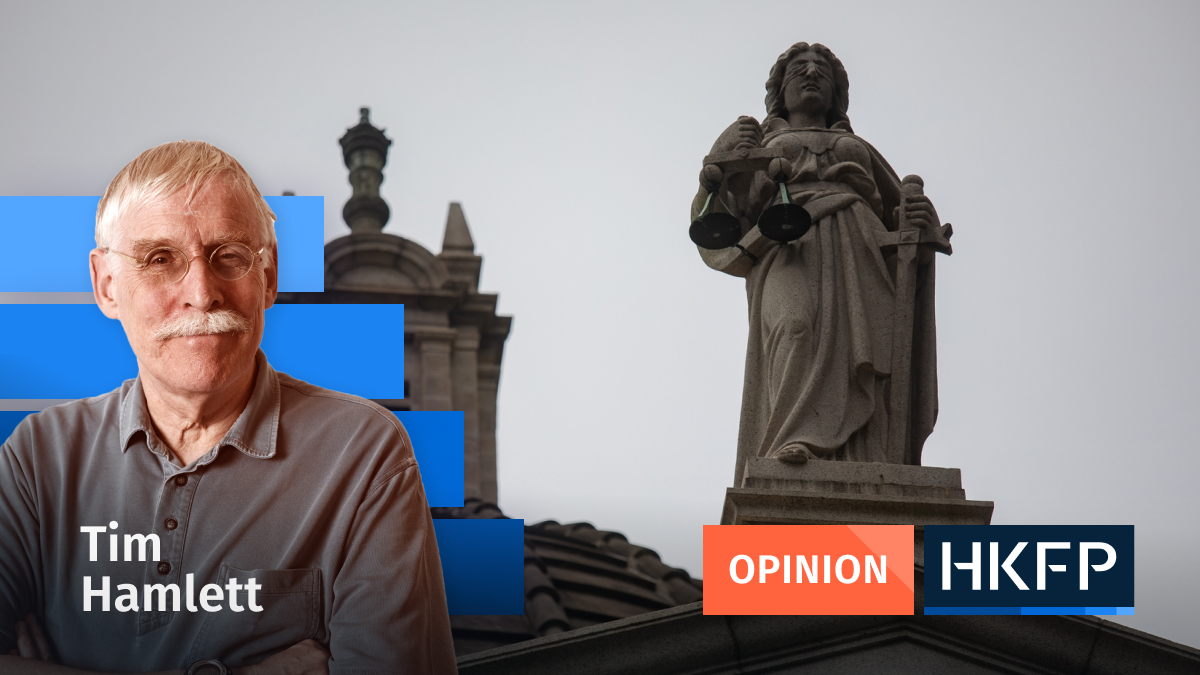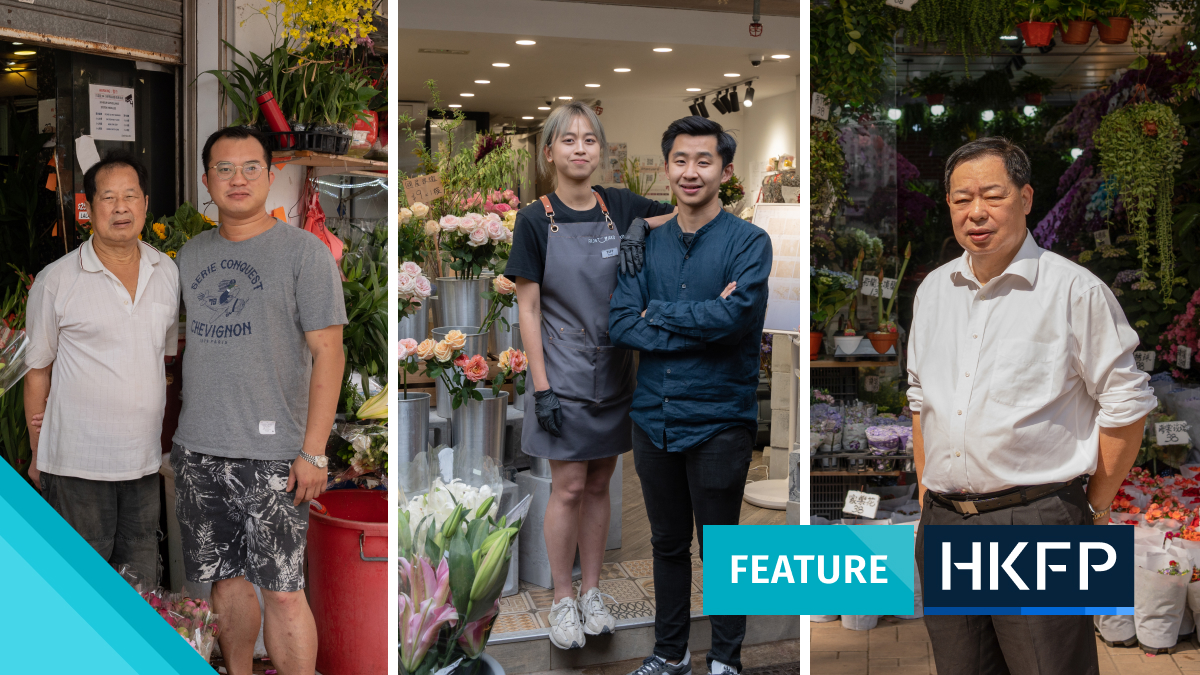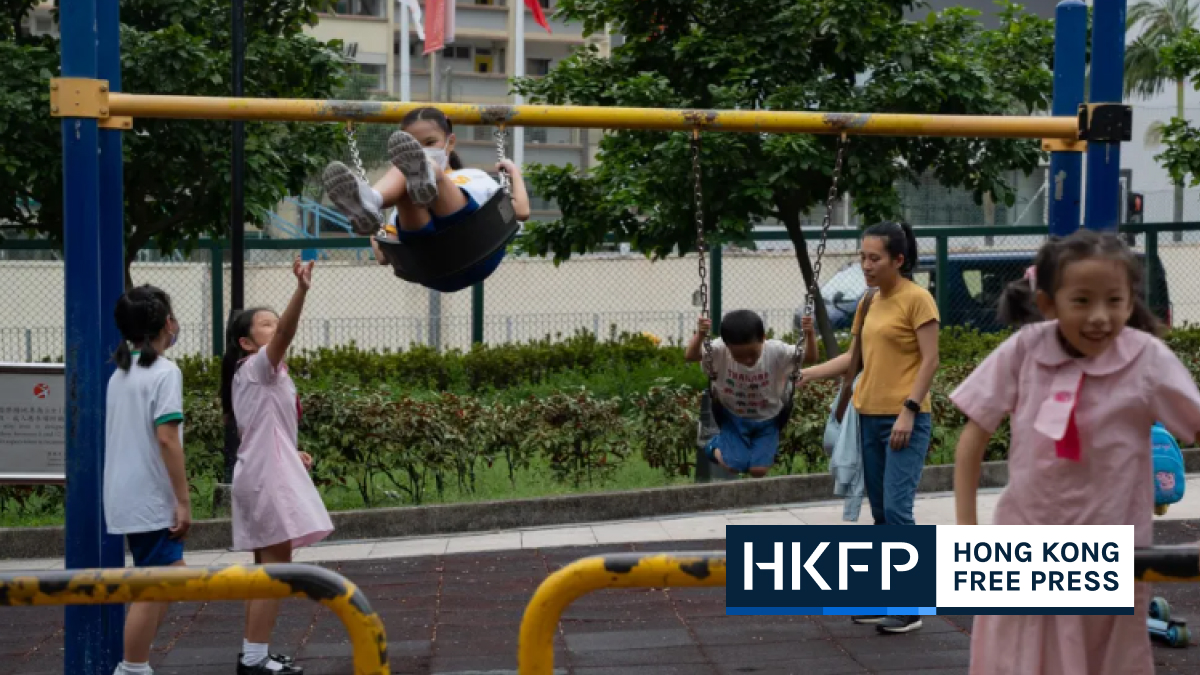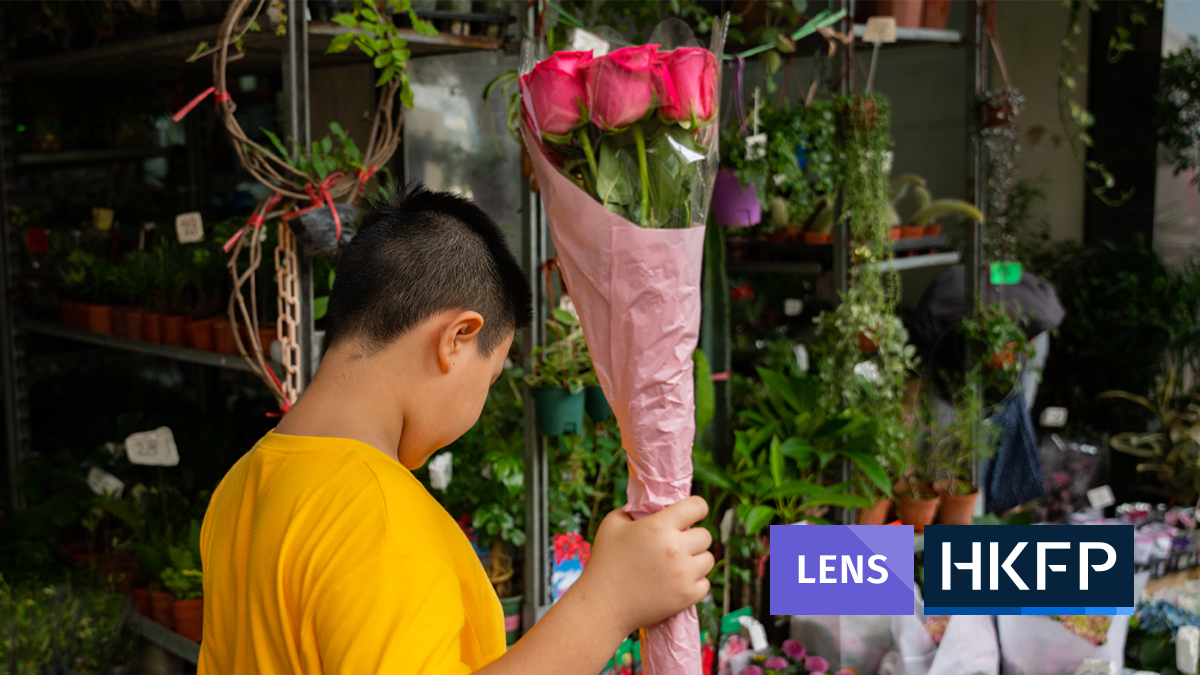The Hong Kong government should enact laws to tackle light pollution, an environmental NGO has said, criticising an existing voluntary charter as a “toothless tiger” in regulating the impact of external lighting installations on nearby residents.
The Green Earth called on the Environmental Protection Department (EPD) to consider activating legislative procedures to control excessive lights if the number of complaints against light nuisance remained higher than in 2016, when the Charter on External Lighting was launched.
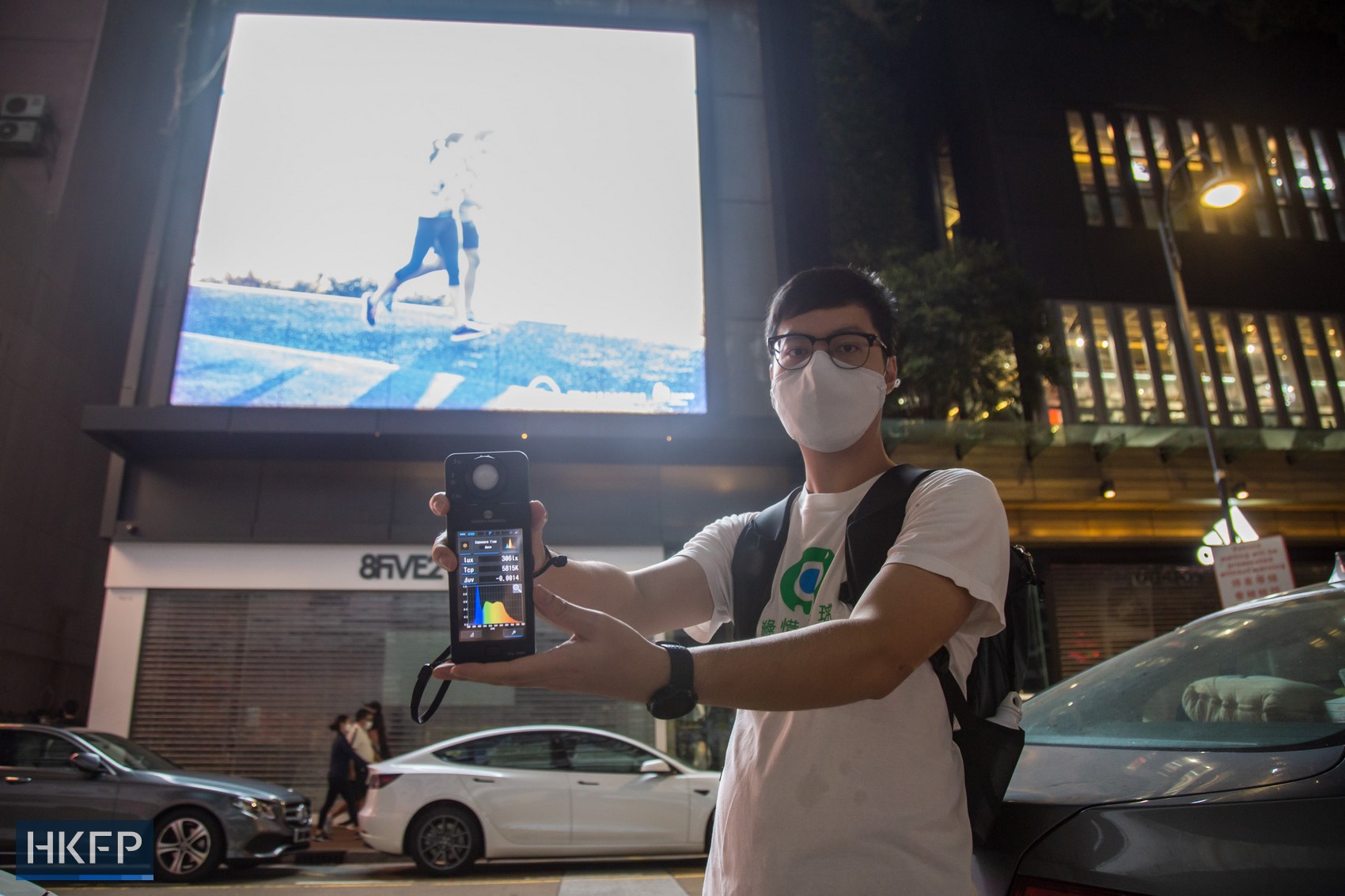
The optional code aims to encourage shopping malls, advertising sign owners, property management companies and other relevant parties to turn off decorative or promotional lighting installations at set times – 11 p.m. or 12 a.m. – to minimise their impact on those living nearby. It also sought to reduce energy wastage.
Those who comply with requirement are given a platinum or gold award, depending on the duration of the switch-off period. But the non-binding nature of the charter made it ineffective in managing light nuisance, said Edmond Lau, senior project officer of the green group.
During a recent visit to the commercial heart of Mong Kok, one of the areas “hardest hit” by light pollution, the NGO found that 28 shops from Dundas Street to Mong Kok Road kept their signs illuminated after 11 p.m. Two of them were platinum signatories of the charter, while the others were not enrolled in the voluntary scheme.
The inspection showed that many stores were not part of the government’s charter, The Green Earth said, and that some which had signed on to the charter appeared to have breached its terms.
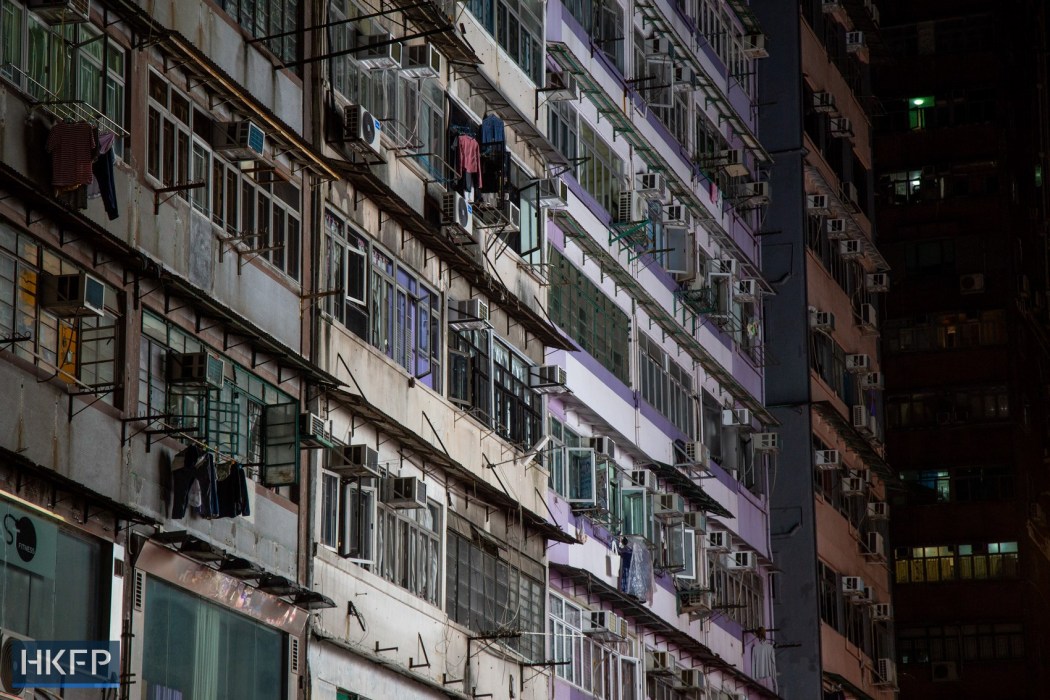
“There are plenty of residents in this area, many of them were grassroot families. If the charter cannot make a difference, does that mean the residents have to tolerate it in silence, or do they have to keep their windows shut to shun the lights?” Lau asked.
Mr Kwan, who lives in a building around 12 metres opposite to a large LED display at shopping mall The Forest, told The Green Earth that his living room, bedroom and corridor were illuminated in the evening by the external lighting installation estimated to be seven-metres wide by seven-metres long.
While The Forest was among more than 4,600 participants of the switch-off scheme, and turned its LED display off at around 10.30 p.m., as observed by an HKFP reporter two weeks ago, the charter’s lack of regulation on the brightness of the display still affected the well-being of Kwan and other nearby residents, the NGO said.
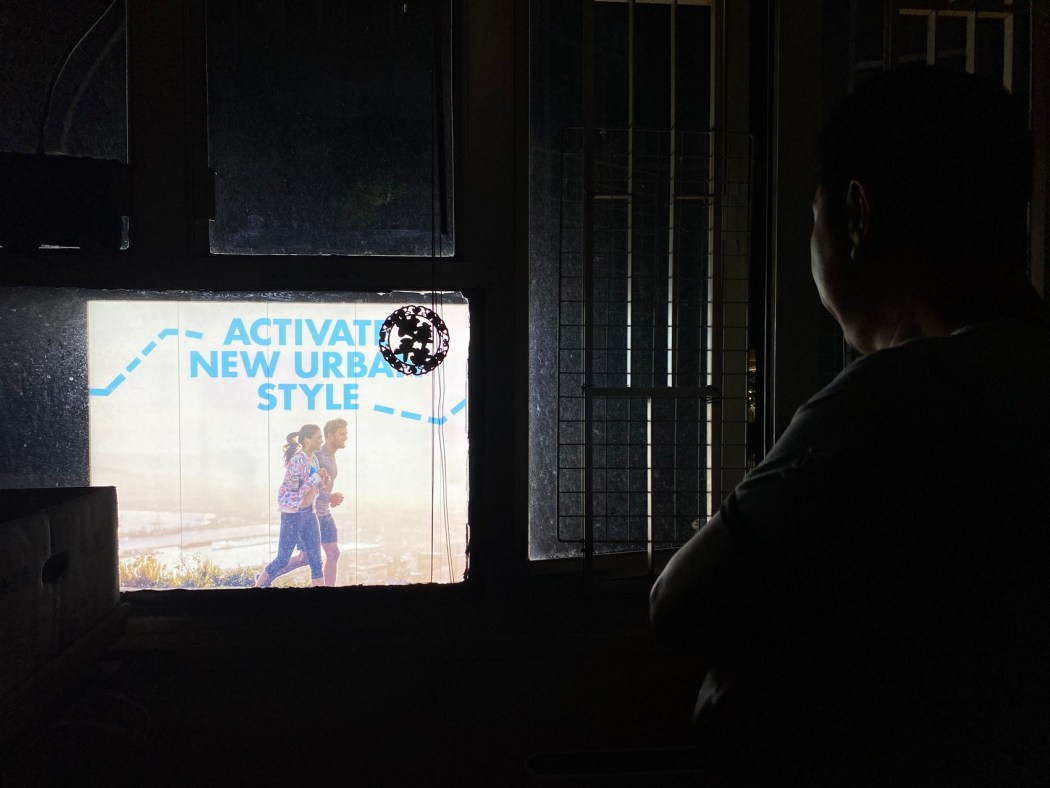
Even with all of the lights inside the flat switched off, the light intensity level at the windows facing the LED display were as high as 409 lux, meaning it was almost as bright as a well-lit office, according to light meter readings taken by the NGO at Kwan’s residence.
The tenant, who is in his 60s and lives with his granddaughter, said he could only lower the blinds in a bid to block the lights, but even that was not effective. He has not filed any official complaints to the government or the shopping mall management, saying he was unsure if the screen would be dimmed.
“[The screen] shines at my eyes, I can’t stand it after 15 minutes,” Mr Kwan told the NGO.
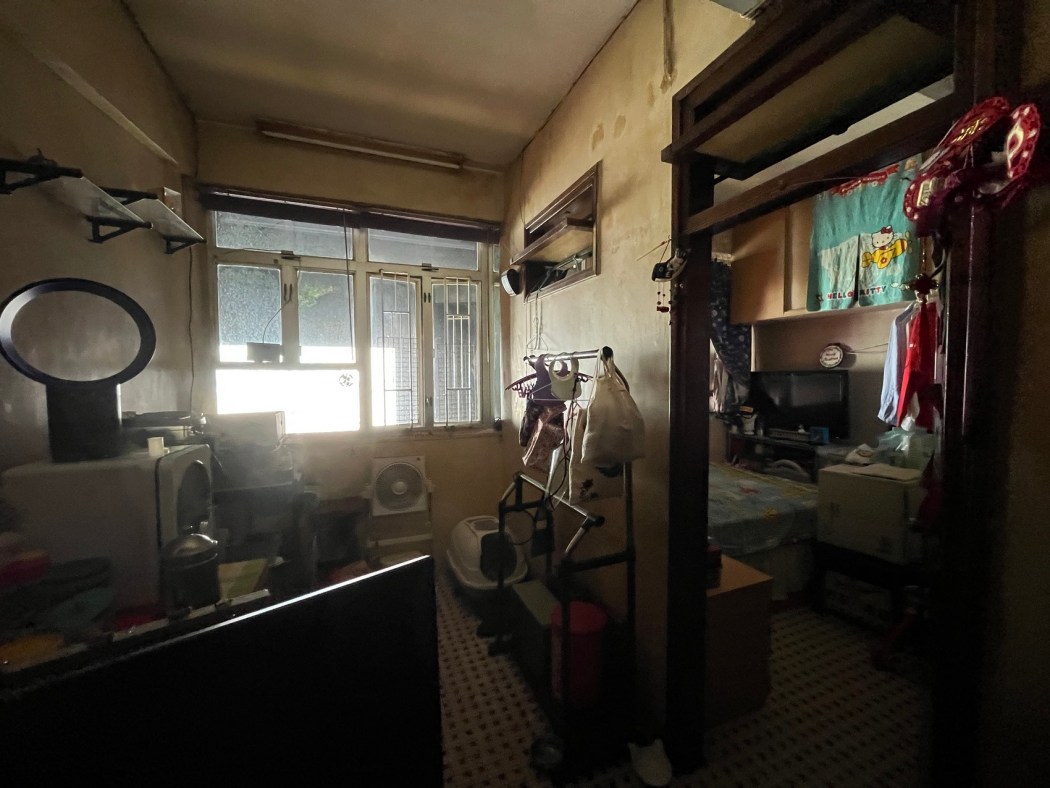
Kwan and other affected residents often had with little choice but to use “passive methods” – such as installing curtains, window film, or closing their windows – to block the excessive lights, the green group said. Some of these measures led to poor ventilation in their homes, while some residents said their sleep quality bad been affected, Lau said citing responses from people in the neighbourhood.
“This continues to make the voluntary charter a toothless tiger…” Lau said. “We do not oppose commercial activities, but it does not make sense to shine the light into someone else’s home.”
Responding to an enquiry from HKFP, a spokesperson from The Forest said that the shopping complex had taken “immediate measures” after receiving feedback on the illuminated outdoor billboard on Fa Yuen Street, “including promptly turning off the lighting installation of the billboards earlier at 9:00 pm.”
“The light level, design and color of the outdoor billboards will be thoroughly reviewed to enhance the operation arrangement of the billboard, so as to minimise the impact on the surrounding environment,” the spokesperson continued, adding that The Forest appreciated The Green Earth’s suggestions and was happy to continue its communication with them.
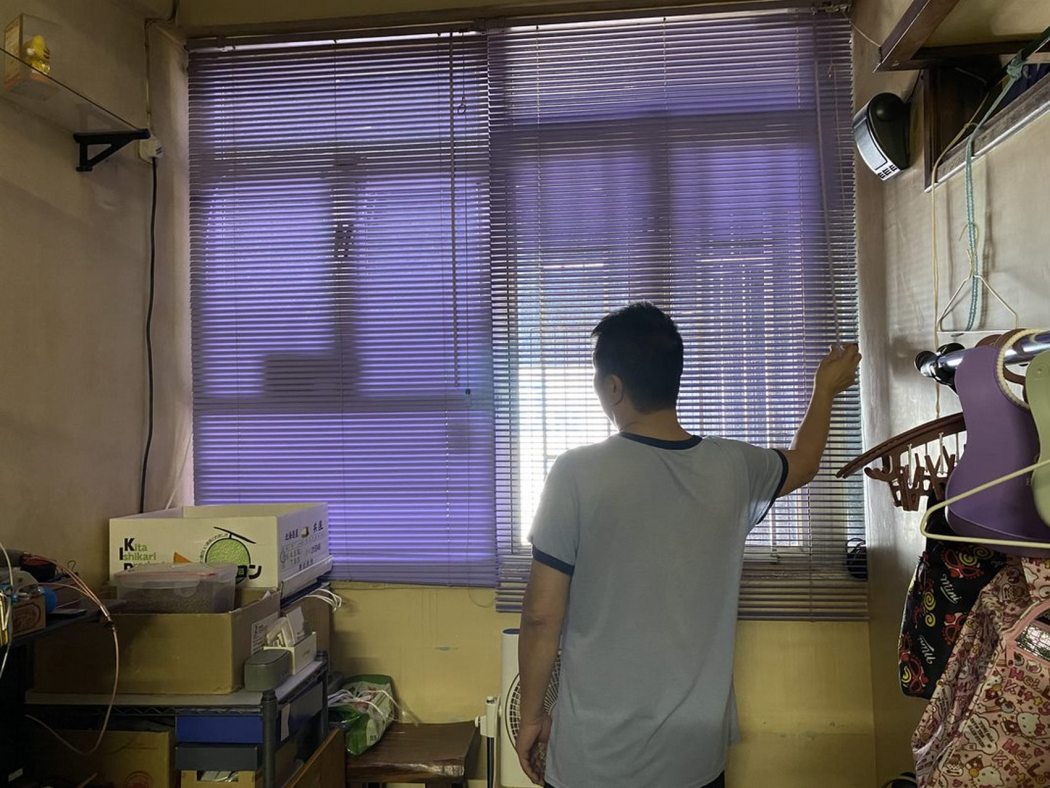
Hong Kong registered 353 complaints against external lighting last year, the lowest since 2017 and around a 26 per cent drop compared to 477 complaints in 2018. However, the figure was still higher than when the charter was rolled out in 2016, when a total of 335 complaints were recorded.
The EPD should step up efforts in inspecting installations that caused nuisance and actively resolve issues faced by the affected residents, The Green Earth said. The department should also check on charter signatories and ensure they comply with the requirement, it said.
The green group also suggested the EPD work with the Buildings Department to include regulations on the brightness of light signs and the lighting angle in the Signboard Validation System, which currently focuses on tackling unauthorised signboards for ensuring building safety.
In an emailed response to HKFP, an EPD spokesperson said the number of noise complaints received had been on “a downward trend in recent years.” Additionally, about 40 per cent of complaints were related to lighting installations for safety, security and operational purposes, which do not fall within the charter’s scope.
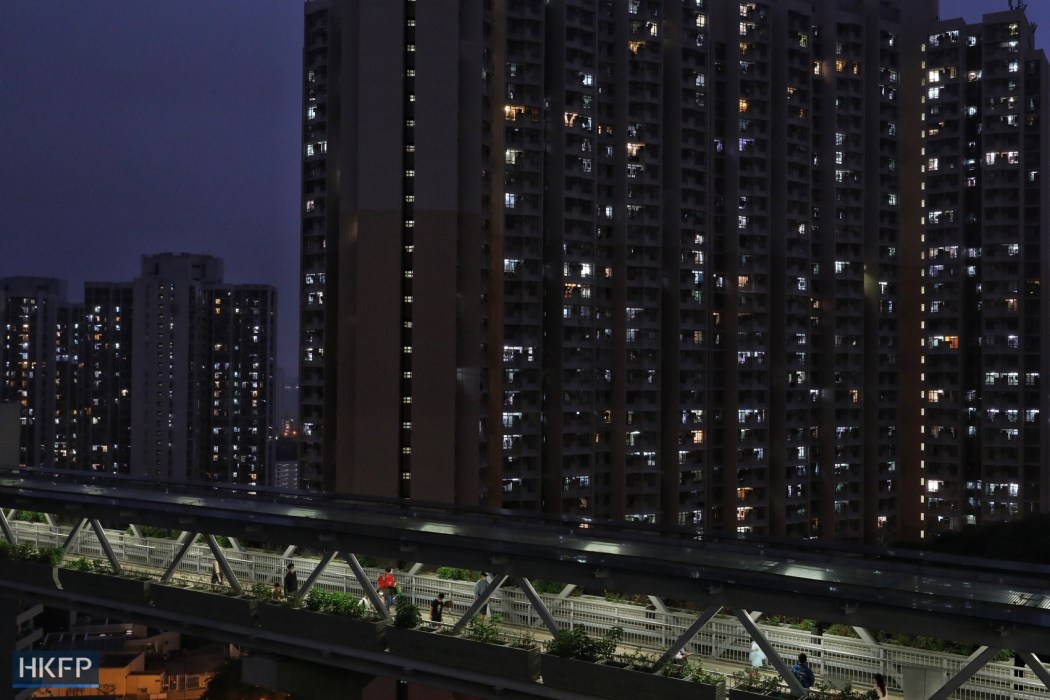
Light nuisance complaints accounted for less than 2 per cent of the total number of complaints received by the EPD, showing that light pollution was not a major issue, the spokesperson said. “We still attach great importance to dealing with outdoor lighting,” the spokesperson said, explaining that complaints were conveyed to those in charge of the lighting installation in question and the EPD would advise on how best to minimise their impact, if applicable.
However, the spokesperson noted that outdoor lighting was “very important to the operation of certain industries,” including for businesses that used lighting to signal that they were open. “Lighting can greatly enhance the viewing of Victoria Harbour at night,” the spokesperson added.
Noting that Hong Kong’s economy was suffering after almost three years of Covid-19 and light nuisance complaints were falling, the EPD spokesperson said it would be “inappropriate” to enact legislation at present. Instead, the department’s Working Group on External Lighting would proceed with and improve existing measures.
An “enhanced” version of the charter will be introduced in 2023, the EPD said.
The Green Earth said the government should complete a review of the effectiveness of the current policies against light nuisance in a year’s time. If the external lighting installations that received complaints did not “improve significantly,” legislative action would be taken, it said.
Support HKFP | Policies & Ethics | Error/typo? | Contact Us | Newsletter | Transparency & Annual Report | Apps
Help safeguard press freedom & keep HKFP free for all readers by supporting our team

LATEST FROM HKFP
HKFP has an impartial stance, transparent funding, and balanced coverage guided by an Ethics Code and Corrections Policy.
Support press freedom & help us surpass 1,000 monthly Patrons: 100% independent, governed by an ethics code & not-for-profit.





